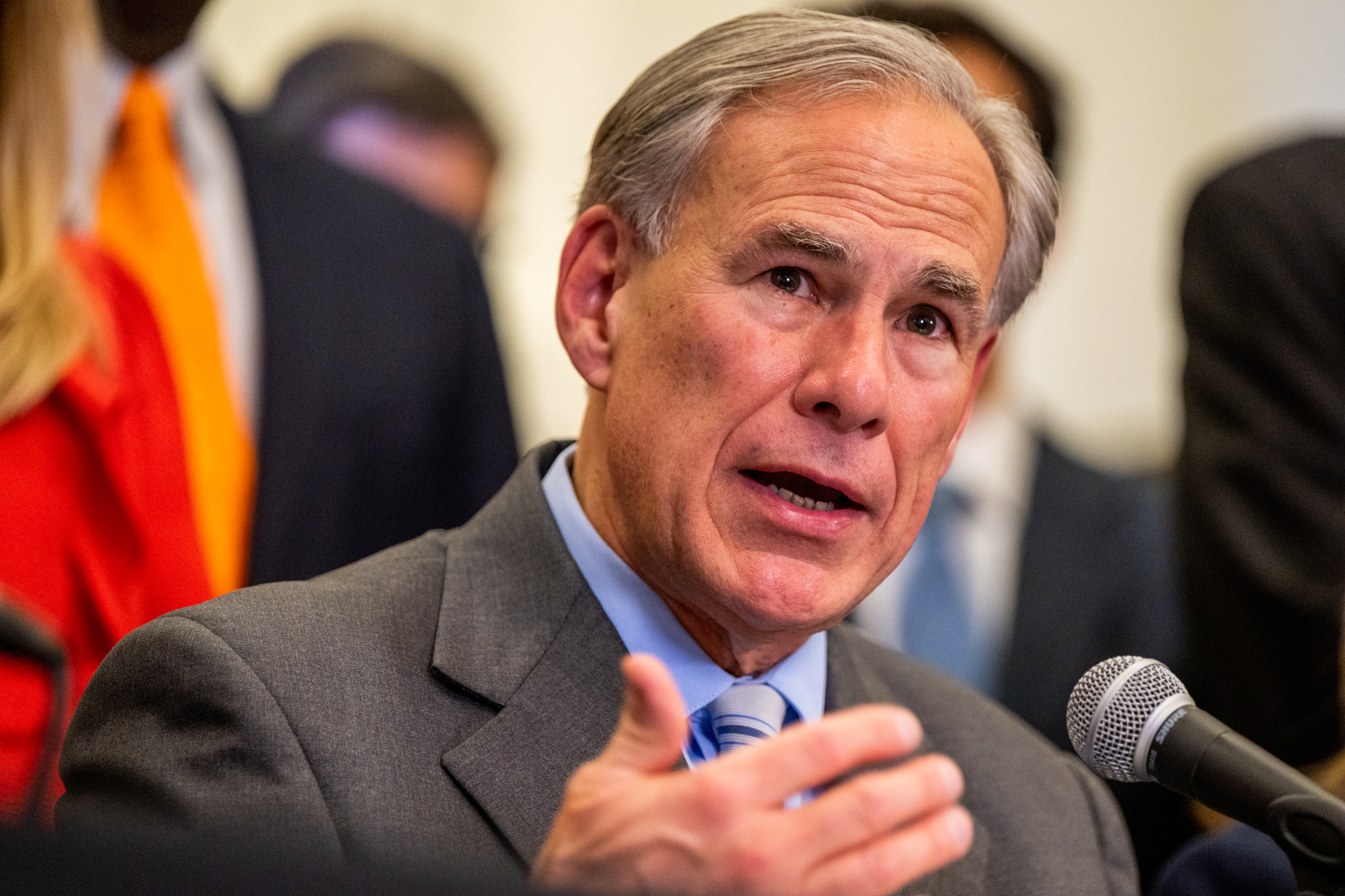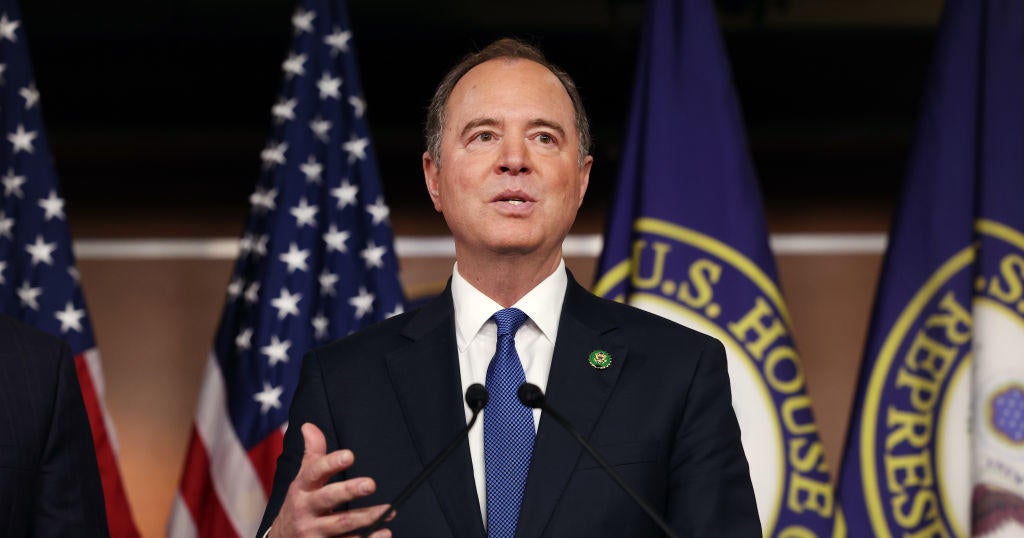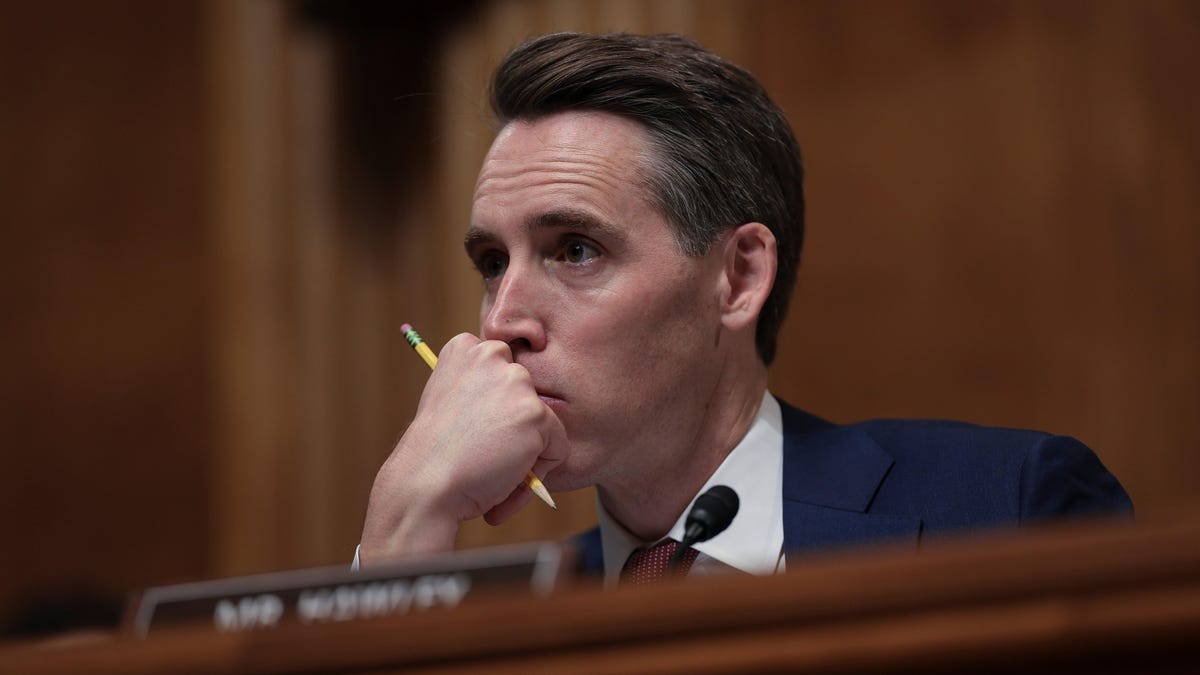All of this is typical. With vanishingly few exceptions, Republicans are unwilling either to discipline Trump, withdraw their support for his political leadership or even just criticize him for his actions. The most we’ve seen, Romney aside, is a nod to the fact that these are serious charges. This is a “serious case with serious allegations,” said Senator Tim Scott of South Carolina, who nonetheless added that this prosecution represented a “double-standard” and that “You can’t protect Democrats while targeting and hunting Republicans.”
There are several ways to think about most Republicans’ reluctance to break with Trump in the face of his egregious lawbreaking and contempt for constitutional government, but I want to focus on two in particular.
The first concerns something that exists wherever there is a relationship between an individual and an institution. That is, it concerns the loyalty of the individual to the institution. Political parties in particular are designed to inculcate a sense of loyalty and shared commitment among their members. This is especially true for officeholders, who exist in a web of relationships and obligations that rest on a set of common interests and beliefs.
Loyalty makes it less likely that a dissenter just ups and walks away, especially when there isn’t a plausible alternative. Few Trump-critical Republicans, for instance, are willing to become Democrats. What’s more, as the economist
A.O. Hirschman observed in his classic text, “
Exit, Voice and Loyalty: Responses to Decline in Firms, Organizations and States,” strong loyalty to an institution like a political party might lead a dissenting or disapproving individual to hold onto her membership even more tightly, for fear that exit might open the door to even worse outcomes.
“The ultimate in unhappiness and paradoxical loyalist behavior,” Hirschman wrote, “occurs when the public evil produced by the organization promises to accelerate or to reach some intolerable level as the organization deteriorates; then, in line with the reasoning just presented, the decision to exit will become ever more difficult the longer one fails to exit. The conviction that one has to stay on to prevent the worst grows stronger all the time.”
Assuming this is all true, how then do we explain the reluctance to criticize or condemn? For that, we can look to the history of the modern Republican Party, stretching back to Richard Nixon. And what do we see? We see a pattern of presidential criminality and contempt for the Constitution, backed in each instance by most Republican officeholders and politicians.
For Nixon, it was Watergate. For Ronald Reagan it was Iran-contra. For George W. Bush, it was the sordid effort to fight a war in Iraq, and the disgraceful use of torture against detainees. For Donald Trump, it was practically his entire presidency.
Most things in life, and especially a basic respect for democracy and the rule of law, have to be cultivated. What is striking about the Republican Party is the extent to which it has, for decades now, cultivated the opposite — a highly instrumental view of our political system, in which rules and laws are legitimate only insofar as they allow for the acquisition and concentration of power in Republican hands.
Most Republicans won’t condemn Trump. There are his millions of ultra-loyal voters, yes. And there are the challenges associated with breaking from the consensus of your political party, yes. But there is also the reality that Trump is the apotheosis of a propensity for lawlessness within the Republican Party. He is what the party and its most prominent figures have been building toward for nearly half a century. I think he knows it and I think they do too.
(full article online)
In the wake of the Jan. 6 assault on the Capitol, Republican officeholders had three choices. They could stick with

dnyuz.com















